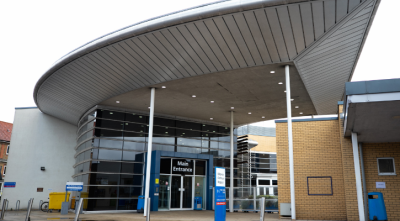Orthoptics is the study of sight and coordination in the eyes.
Orthoptists are allied healthcare professionals and are part of the wider ophthalmology healthcare team, working with your ophthalmologist to provide expert knowledge on a range of eye movement disorders and children’s visual development.
What does an orthoptist do?
Orthoptists diagnose and manage patients of all ages. They work both independently or as part of a multi-professional and/or multidisciplinary team.
Orthoptists provide expert knowledge to various specialties across the trust, playing an active role in improving patients’ health and wellbeing.
 Translate
Translate




